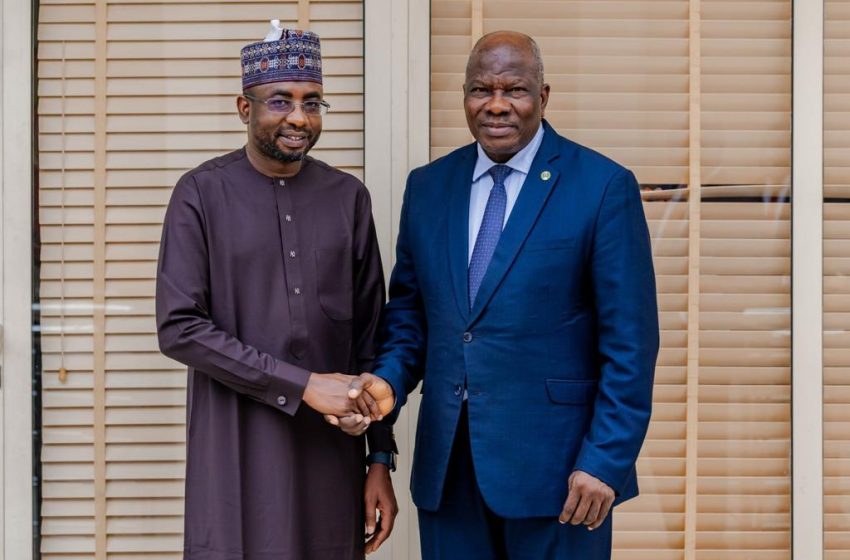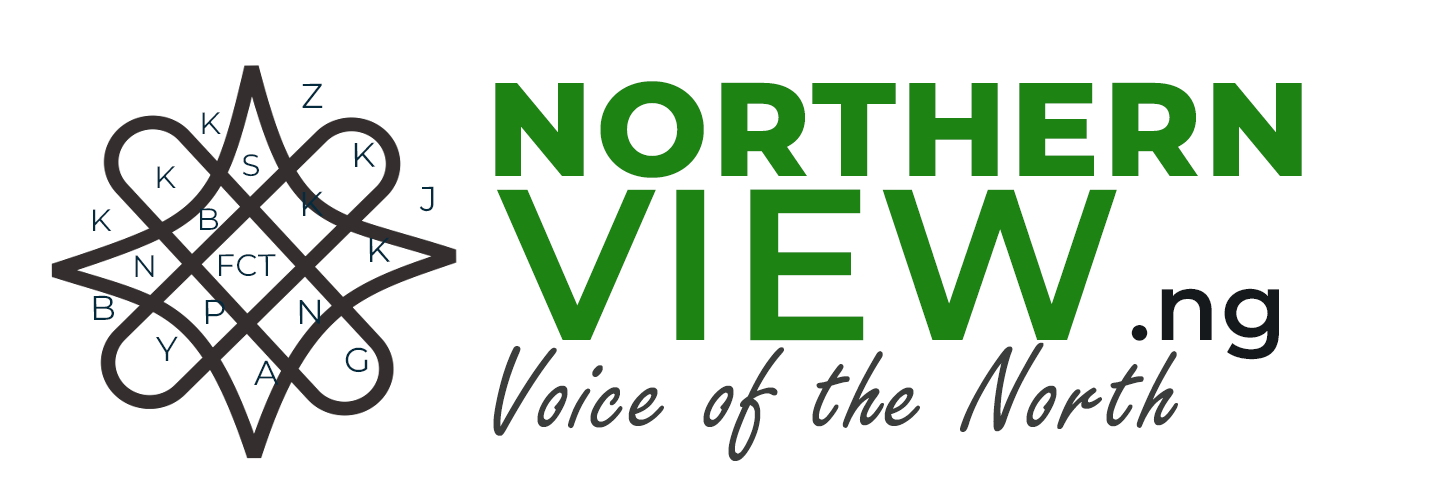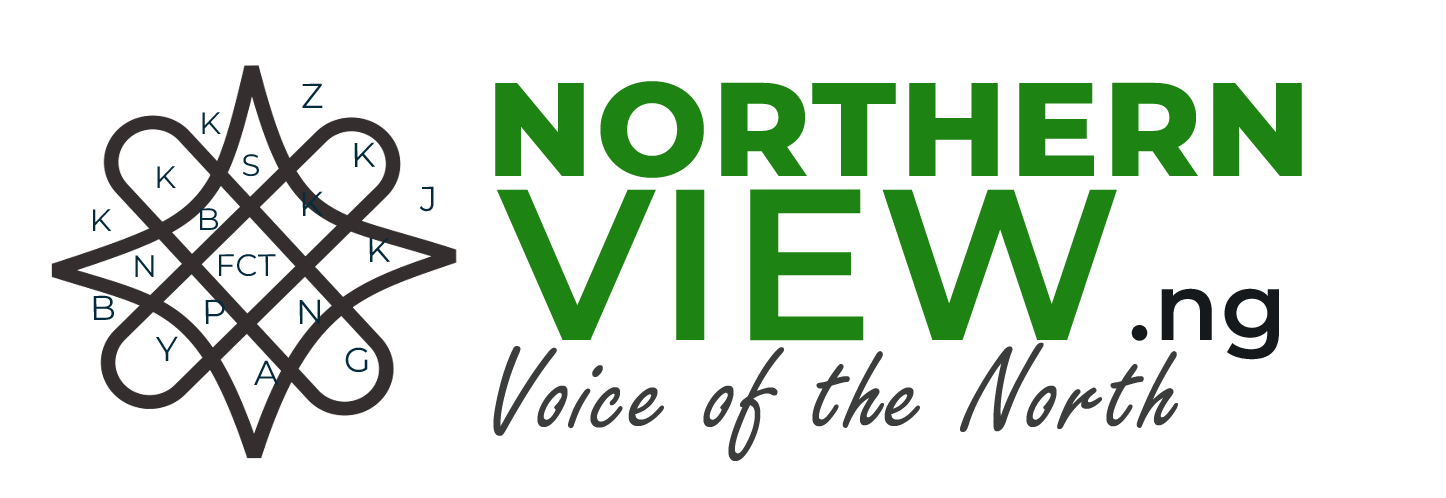
DG, NITDA, Kashifu Inuwa, CCIE with the Commissioner for Insurance, NAICOM, Mr Olorundare Sunday Thomas, after the Courtesy visit.
NITDA, NAICOM COLLABORATE TO INSTITUTIONALISE CYBER INSURANCE
NITDA, NAICOM COLLABORATE TO INSTITUTIONALISE CYBER INSURANCE.
ALIMOTU SHADIAT
The National Information Technology Development Agency (NITDA) is exploring partnership and collaboration with the National Insurance Commission (NAICOM) on how to institutionalise Cyber Security Insurance in the country.
The Director-General of NITDA, Kashifu Inuwa Abdullahi, CCIE who led the Agency’s management team to the Commission on a courtesy visit reiterated the fact that the insurance cover is long overdue, especially as it is virtually impossible for any business to operate without connecting to the internet.
According to Inuwa, almost every adult in Nigeria move around with “a super computer in his/her hand or pockets”, which invariably exposes one to cybercrimes and criminals. While quoting some reports that the global cyber crime as of 2021 was almost $6TR and projected to grow by 15% year-on-year, the DG said that as of today the figures have increased to about $8TR and will reach $10.5 TR by 2025.”Cyber crime, if you can quantify it as a nation, will be the third largest economy, and it is bigger than all crimes combined together, in terms of cost”.
“In view of this, we need to institutionalise Cyber Insurance because Nigeria loses about N200B to cyber crime anually, imagine that just 0.0% of the Nation’s Gross Domestic Product (GDP) is worth more than N200B”, Inuwa noted.Inuwa said “looking at this and the rate services are being digitised, coupled with the push for government digital services as well as COVID-19, the pace we are digitising has been accelerated; the future is therefore arriving faster than expected”.

The NITDA Boss expressed the hope that once the insurance is gotten, the country will be well positioned to mitigate the recurring losses and the ecosystem as well as the quality of systems in Nigeria will be strengthened and upgraded respectively.”Achieving this feat will also translate to strengthening developers of systems to up their game, by taking it through series of tests before taking their products to the market”.”Many countries have institutionalised cyber insurance, Africa inclusive; South Africa, Kenya and Egypt have done so. Looking at our status in Africa as the largest economy and having the most vibrant digital ecosystem as well as the fastest growing digital economy, I think it is the right time for us also to institutionalise Cyber Insurance in Nigeria”, the DG maintained.
The Commissioner for Insurance/Chief Executive Officer of the National Insurance Commission (NAICOM), Olorundare Sunday Thomas who gave a nod to the proposal brought forward by the NITDA DG, noted that he has always been talking to relevant stakeholders to look at the positive side of risks associated with technology.”Looking at the volume of data that are driven daily, cost associated with data, magnitude and impact of the economy of nations, if there should be any economy that should be more concerned about cybercrime, it should be Nigeria”.
“The more we look forward to using technology to resolve many problems, we must also seize the opportunity to increase our workforce”, Thomas added.The CFI assured the NITDA team of the Commission’s readiness to partner with the Agency towards institutionalising cyber insurance.Both teams were unanimous in hitting the ground running as they agreed to create a committee of six members, three from each organisation to ascertain the modus operandi and fashion out the terms of reference.





